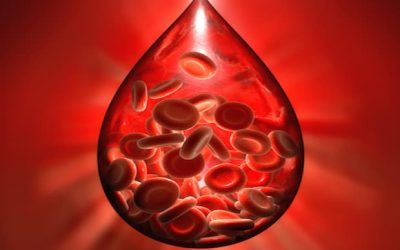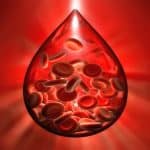A government-commissioned review has highlighted the impact of overprescribing of medicines on both patients and staff, and has set out practical and cultural changes to ensure patients get the most appropriate treatments.
Overprescribing occurs when a patient is given medicines they don’t want or need, or where the potential harm outweighs the benefit of the medication.
This can also occur when a better alternative is available but not prescribed, when a medicine is appropriate for a condition but not the individual patient and in cases where a condition changes and the medicine is no longer appropriate, or the patient no longer needs a medicine but is still prescribed it.
The review, led by chief pharmaceutical officer for England Dr Keith Ridge, found 10% of the volume of prescription items dispensed through primary care in England are inappropriate or could be ‘better served’ with alternative treatments.
In addition to these findings, the review details a series of practical and cultural changes, including shared decision making with patients, better use of technology, ways to review prescriptions more effectively and considering alternative medicines.
In a statement, the Department of Health and Social Care (DHSC) said ministers have accepted all recommendations and work will now begin to implement them.
“This is an incredibly important review which will have a lasting impact on people’s lives and improve the way medicines are prescribed,” said Health and Social Care Secretary Sajid Javid.
“With 15% of people taking five or more medicines a day, in some cases to deal with the side effects of another medicine, more needs to be done to listen to patients and help clinical teams tackle overprescribing.
“I look forward to working with Dr Keith Ridge and our dedicated NHS teams to deliver on these recommendations,” he added.









